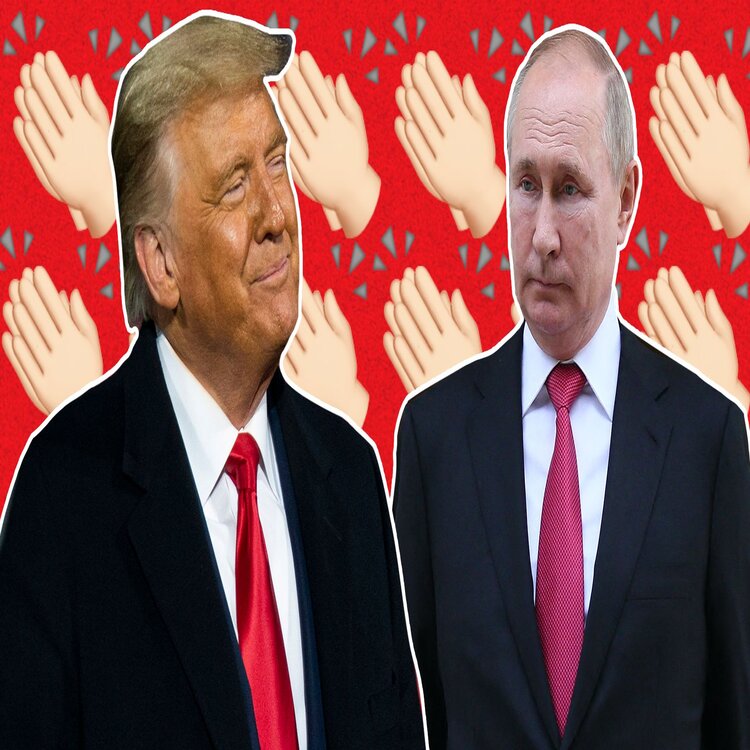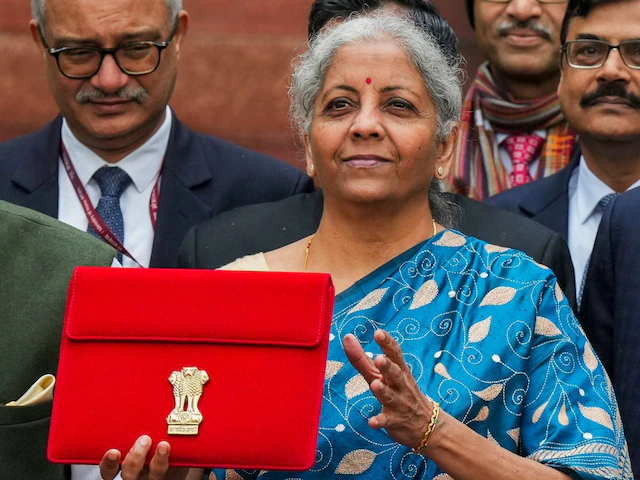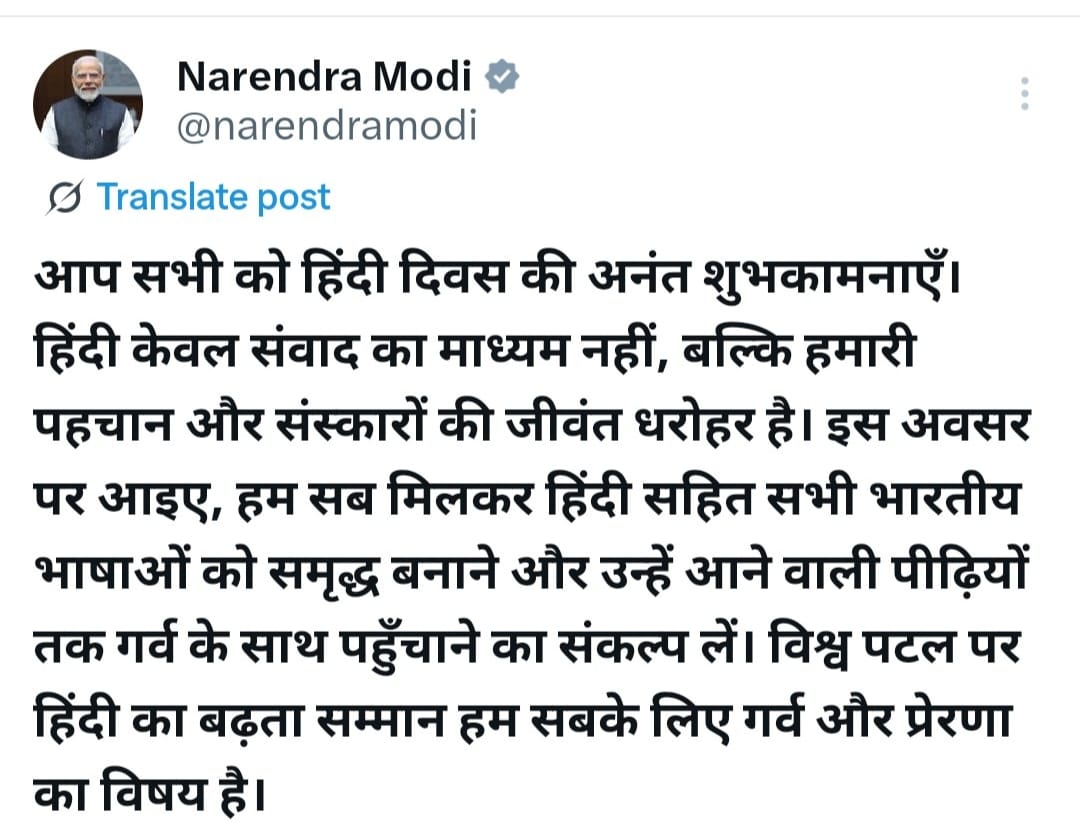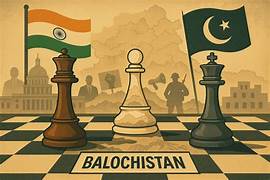Trump’s Stark Warning to Putin: The Easy Way or the Hard Way
Editor : Rishi | 24 January, 2025
trump after winning election in the usa and commenting on russia-ukraine war

Source or Copyright Disclaimer
In a dramatic development, former U.S. President Donald Trump has issued a pointed ultimatum to Russian President Vladimir Putin regarding the ongoing Russia-Ukraine conflict. Speaking at a recent rally, Trump declared, “We can do it the easy way, or the hard way,” suggesting a no-nonsense approach to ending the war should he return to the Oval Office.
This statement has left political analysts and global leaders questioning the implications of such rhetoric and the potential strategies Trump envisions to address one of the most complex geopolitical crises of the 21st century.
Trump’s approach to foreign policy has always been unconventional, marked by bold declarations and an emphasis on projecting strength. During his presidency, he prided himself on his rapport with world leaders, including Putin, claiming that his personal diplomacy prevented major escalations. Critics, however, argue that this relationship was marked by ambiguity and a failure to confront Russia decisively on key issues, including its annexation of Crimea in 2014 and alleged election interference.
Now, as the conflict in Ukraine grinds on with devastating consequences, Trump’s words raise several questions. What exactly does he mean by the "hard way"? Is he alluding to heightened economic sanctions, direct military intervention, or a broader realignment of NATO strategies? Conversely, what does the "easy way" entail?
Trump’s statement also highlights the perennial challenge of U.S. foreign policy: balancing strength with diplomacy. The Biden administration has provided billions of dollars in military aid to Ukraine and implemented severe sanctions on Russia, yet the conflict shows no signs of abating.
Trump’s comments suggest he may pursue a more aggressive stance to force an end to hostilities. While some supporters argue that his brash rhetoric could pressure Putin into negotiations, others warn that such language risks escalating tensions in an already volatile situation.
Notably, Trump has previously touted his ability to broker deals, pointing to his administration’s role in the Abraham Accords and preliminary talks with North Korea. Whether this approach could translate into a resolution for the Ukraine crisis remains uncertain, given the complex historical, political, and territorial dimensions of the conflict.
Unsurprisingly, Trump’s remarks have drawn mixed reactions. Republican allies have largely lauded his firm stance, framing it as a necessary departure from what they perceive as the Biden administration’s cautious approach. Democrats, on the other hand, have criticized his comments as inflammatory and lacking substance.
Internationally, the statement has been met with a mix of concern and skepticism. European leaders, who have borne the brunt of the war’s economic and humanitarian fallout, are wary of rhetoric that could further destabilize the region. Meanwhile, Ukrainian officials have called for tangible actions rather than words, emphasizing the urgent need for sustained military and economic support.
As the 2024 U.S. presidential race heats up, Trump’s foreign policy positions will undoubtedly come under intense scrutiny. His latest comments on Russia and Ukraine signal that the conflict will be a key issue in his campaign, providing voters with a stark choice on how the United States should engage with global crises.
In the end, whether Trump’s proposed approach represents a viable solution or merely political posturing remains to be seen. What is clear, however, is that the stakes for Ukraine, Europe, and the world could not be higher.




